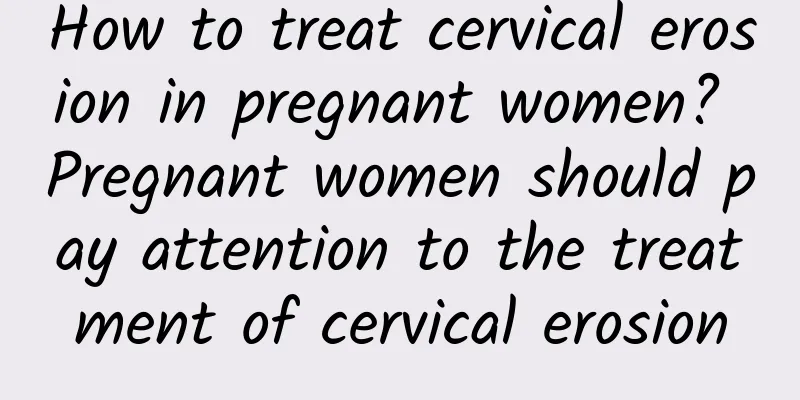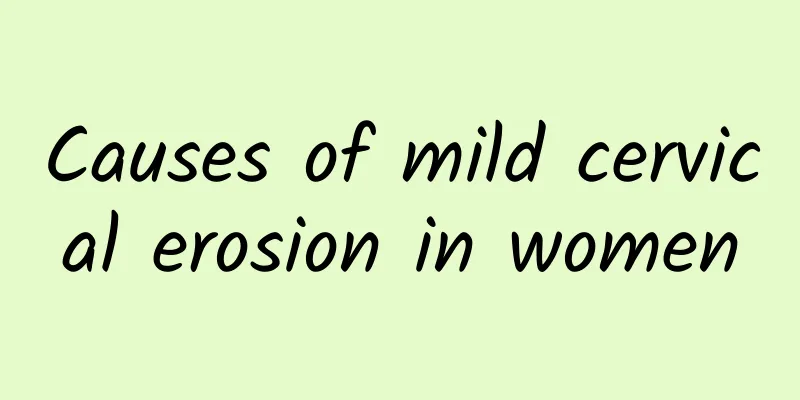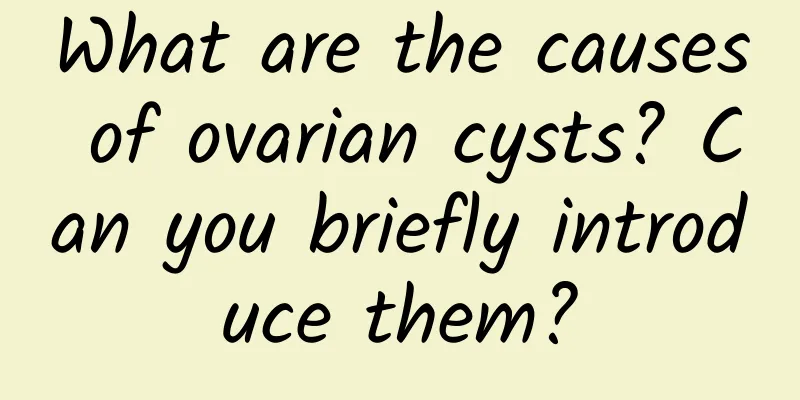What seafood can you eat during pregnancy?

|
The risk of congenital miscarriage during pregnancy requires careful selection of diet. Some seafood can be eaten in moderation, but care should be taken to avoid species with high mercury content or that may cause allergies, such as sharks and swordfish. Recommended relatively safe seafood include salmon, cod and shrimp, which are rich in high-quality protein and Omega-3 fatty acids, which help promote physical recovery. 1. Recommend suitable types of seafood Salmon: Salmon is rich in omega-3 fatty acids, which help repair body tissues and support recovery. It is also rich in vitamin D and protein, which can enhance immunity and regulate many important functions in the body. Choose cooked salmon and avoid eating raw fish to prevent parasites or bacterial infection. Cod: Cod is a safe low-mercury seafood that contains high-quality protein and vitamin B12, which helps regulate nerve and blood function and is particularly suitable for consumption during the recovery period. Again, it must be thoroughly cooked before consumption. Shrimp: Shrimp contains high-quality protein and minerals such as zinc and selenium, which are beneficial for body repair and immune support. It is recommended to control the amount of consumption, no more than 150 grams per week, to avoid excessive intake that may increase cholesterol in the body. 2. Types of seafood to avoid Fish high in mercury, such as swordfish, shark, tuna, especially yellowfin and albacore tuna, should be avoided. Seafood high in mercury may inhibit nervous system function and affect recovery. Raw and marinated seafood and shellfish such as oysters and clams can easily carry bacteria or viruses, leading to food poisoning or infection. Avoid overly spicy seafood dishes, such as spicy crab or spicy lobster, as the irritating seasonings may cause gastrointestinal discomfort. 3. Precautions for seafood intake Weekly seafood intake should be controlled within 340 grams, including a combination of different varieties. Purchase seafood products with traceable sources to ensure that the food is fresh and hygienic. When cooking, be sure to heat food thoroughly until cooked through to avoid potential foodborne illness. After a miscarriage, the core of diet is to promote the recovery of the body. Choosing seafood properly and eating it in moderation can help supplement nutrition, but it needs to be combined with a variety of fruits, vegetables and whole grains to achieve a balanced diet and promote full recovery. If the body has an abnormal reaction or has a history of allergies to seafood, it is recommended to consult a doctor or nutritionist for further guidance. |
<<: Causes of uterine fibroids and ovarian cysts
>>: Can I get pregnant after removing a uterine cyst?
Recommend
What to eat to clear up missed abortion
After a missed abortion, medication and diet can ...
What can't you eat if you have uterine fibroids?
Patients with uterine fibroids should avoid hormo...
Hospitals that treat congenital absence of vagina
Congenital absence of vagina is caused by the sta...
The cause of uterine fibroids is related to long-term high estrogen levels in women
Uterine fibroids rarely present with vaginal blee...
How long does it take to get menstruation after abortion
After an abortion, many women are concerned about...
Women need to learn how to prevent vaginitis
Vaginitis is a type of vaginal disease. Many wome...
A must-see for brides-to-be! Get rid of your sleeves in 15 minutes
When brides put on their wedding gowns, they are ...
What are the examination items for threatened abortion?
What are the examination items for threatened abo...
The manifestations and characteristics of various types of incomplete abortion in traditional Chinese medicine
Incomplete abortion is one of the more common com...
What causes prolonged menstrual bleeding?
What causes prolonged menstrual bleeding? Irregul...
How to eliminate pelvic fluid
Pelvic effusion is a common condition in women, a...
What medicine should I take to treat amenorrhea?
The choice of medication for amenorrhea needs to ...
How big is a uterine fibroid to be considered serious? Is a uterine fibroid a benign tumor?
The appearance of uterine fibroids is undoubtedly...
Will I get cancer after having an abortion for a hydatidiform mole?
Abortion of hydatidiform mole does not necessaril...
What are the consequences of uterine atrophy? Directly causing infertility
If the uterus shrinks, the endometrium will becom...









